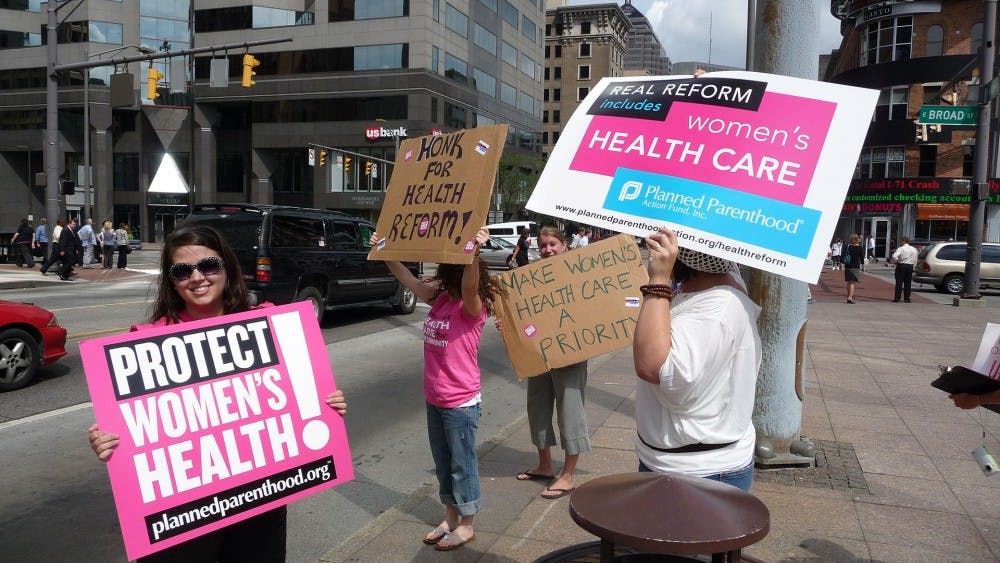The pro-life versus pro-choice debate has been a prominent topic of discussion ever since the Roe v. Wade case in 1973. The case determined that it was a woman’s right to have an abortion under the due process clause of the 14th Amendment. Since then, the connotation of the terms pro-life and pro-choice has been misconstrued. Many people consider pro-life activists to be anti-choice. In contrast, many people consider pro-choice activists to be pro-abortion. Such generalizations could not be further from the truth.
It is important to remember that people often hold themselves to different standards than they do the rest of society. Someone whose political views would have them fall under the category of pro-choice might still disagree with abortion for themselves. They might believe that abortion is wrong and that they would never personally have an abortion, but that it is ultimately not their responsibility or right to hold everyone else to the same moral beliefs.
Someone who is pro-life might not be entirely anti-choice either. There are many topics where the term pro-life is used as a side of a debate. Other examples of where pro-life is used are in discussions about the death penalty, euthanasia, war, birth control, etc. It is possible for someone to have varying opinions on the different topics, so it is not necessarily fair to pin the term pro-life on a person entirely. While they might feel abortion is wrong, they might believe that war is necessary at times or that euthanasia is necessary to put someone out of their misery.
There are also people who simply cannot choose a side of the debate. Whether due to them simply not believing that they should expose their political and moral views, or that they do not know enough information to form an exact opinion on the subject, they do not take a side. What are these people called? Surely, there must be a side for them as well.
It also seems as though the debate often turns into a power struggle between those with conservative political views and those with liberal political views. Although the pro-life versus pro-choice debate does have an influence on the political system, it is not necessary for every single debate to turn into a power struggle. It makes it seem as though people care less about their points of view and more about remaining in power. This happens in almost every debate including debates about global warming, evolution, etc. Not only is it unnecessary to turn into a power struggle, but it is also a detriment to us as a society. It is difficult to achieve anything when people only want to argue because they are trying to preserve their own power.
The point is that the pro-life versus pro-choice debate is not as cut and dry as it seems. There are multiple facets to a debate – morals, politics and struggles for power. It is not as simple as a two-sided debate.



The Slate welcomes thoughtful discussion on all of our stories, but please keep comments civil and on-topic. Read our full guidelines here.